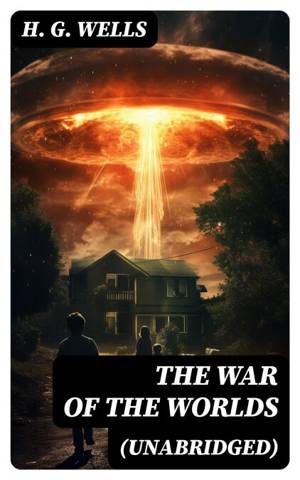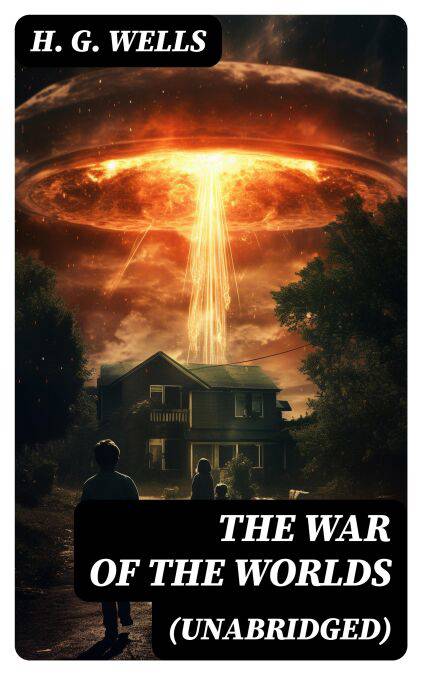
- Afhalen na 1 uur in een winkel met voorraad
- Gratis thuislevering in België vanaf € 30
- Ruim aanbod met 7 miljoen producten
- Afhalen na 1 uur in een winkel met voorraad
- Gratis thuislevering in België vanaf € 30
- Ruim aanbod met 7 miljoen producten
Zoeken
Omschrijving
In H. G. Wells' seminal work, "The War of the Worlds," readers are thrust into a gripping narrative that explores themes of imperialism, human survival, and the fragility of civilization. Written in 1898, the novel is a hallmark of early science fiction, employing a third-person perspective that juxtaposes the ordinary lives of English citizens with the extraordinary invasion of Martians. Its vivid descriptions and innovative use of scientific speculation craft an unsettling atmosphere that questions humanity's place in the universe, reflecting anxieties of the Victorian era regarding technology and the unknown. H. G. Wells, a prolific writer and social commentator, was deeply influenced by the rapid advancements of his time and the rise of the British Empire. His own experiences as a historian and educator allowed him to juxtapose the march of progress against the potential threats it posed. By channeling his concerns about societal evolution and the survival of the human race into this groundbreaking narrative, Wells not only entertained but also provoked thoughtful discourse about man's inherent vulnerability. For readers intrigued by the intersection of speculative fiction and sociopolitical commentary, "The War of the Worlds" is a must-read. Its enduring relevance and powerful narrative resonance make it essential for those wanting to explore the cautionary tales of technological advancement and the moral dilemmas faced by humanity in the face of existential threats.
Specificaties
Betrokkenen
- Auteur(s):
- Uitgeverij:
Inhoud
- Aantal bladzijden:
- 177
- Taal:
- Engels
Eigenschappen
- Productcode (EAN):
- 8596547768487
- Verschijningsdatum:
- 28/12/2023
- Uitvoering:
- E-book
- Beveiligd met:
- Digital watermarking
- Formaat:
- ePub

Alleen bij Standaard Boekhandel
+ 1 punten op je klantenkaart van Standaard Boekhandel
Beoordelingen
We publiceren alleen reviews die voldoen aan de voorwaarden voor reviews. Bekijk onze voorwaarden voor reviews.











